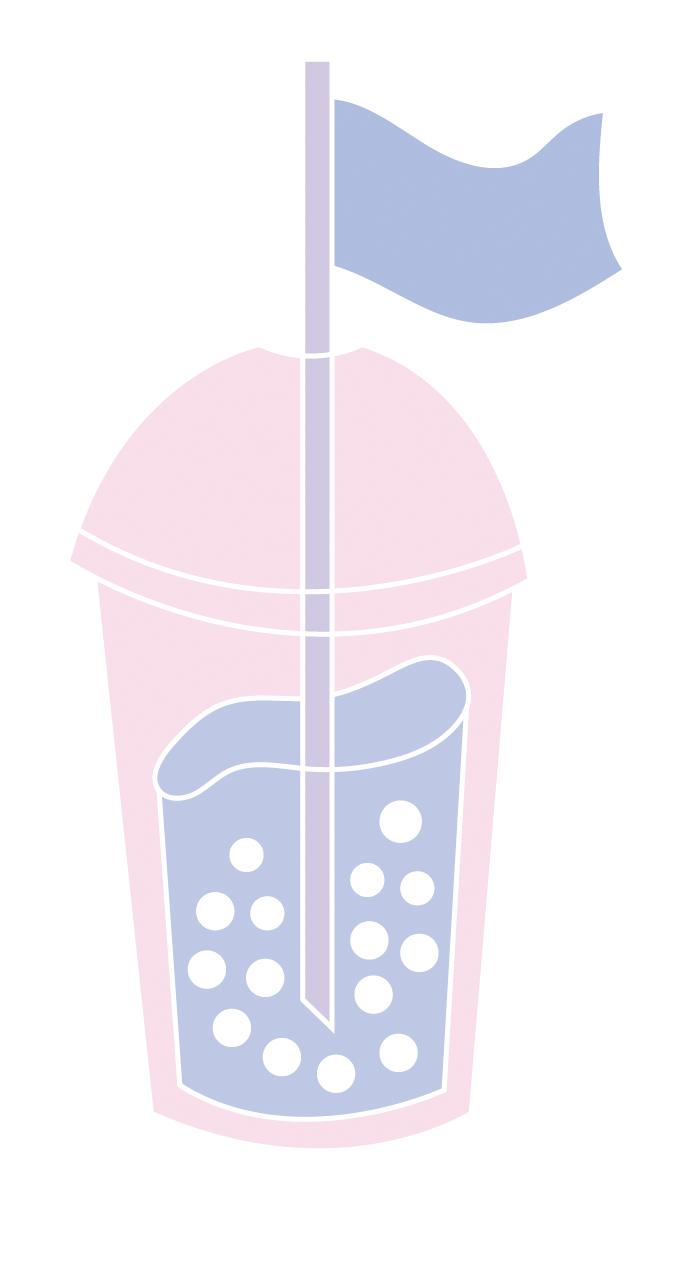Isobel Golding
Feature
Vulnerability
Memes, Misogyny and Medusa (and other Classic Tales of Twitter Trolls) by Isobel Golding mimēma ‘that which is imitated’ A Greek word taking on a classic trend of incorporating memorable tales of terror and distraction. Western culture has a long-standing issue with strong women. Portraying women as strong often results in painting them as the villain to man, such as the iconic Medusa, an antagonist from Greek mythology. This has been seen throughout modern western history, and as the wealth and the availability of political imagery have grown, thanks to the likes of Twitter and Instagram, this has only been expedited. Memes are a symbol of the values of the community they are shared in. The humble UNSW bin chicken holds no significance to those who do not have any knowledge or value in the shared understanding of its origins. Yet for many memes, especially those aimed to be a mockery of those in the public eye, the shared understanding of its origins holds less significance; simply a vague idea of the tone is all that must be communicated. In particular, imagery, allusions and themes are taken from classics and blended into modernday shitposts, politically persuasive memes and public discourse - most prominently about women and leadership, and the simple dichotomies of good and bad. The original mythology of Medusai, an infamous character who has been reimagined in modern interpretations, was a beautiful mortal who served alongside the Goddess of knowledge and wisdom, Athena, and vowed to remain a virgin while serving Athena. However, she had an illicit affair with the god Poseidon and when Athena discovered this, cursed her by taking away her beauty. Her beautiful hair turned to snakes and her face became so ugly that whoever looked at her would turn to stone. Later on, the Greek hero Perseus retrieves her head as a gift for King Polydectes. Perseus beheading Medusaii has become an iconic image from mythology and has since been reimagined throughout modern history as a representation of man’s supposed power over women. The essay-manifesto Women and Power iii highlights the connection between classics and modern online commentary. ‘The first recorded example of a man telling a woman to shut up’, Beard explains in the first chapter, ‘is Telemachus telling Penepole in Homer’s Odyssey that her voice is not be heard in public’ connecting this with how women in the public light, especially those prominent on social media, are treated compared to their male counterparts. Her analysis exposes how the mechanisms used to silence women online are inherently a part of western culture and can be traced back to the ideas and themes of the classics. 18







